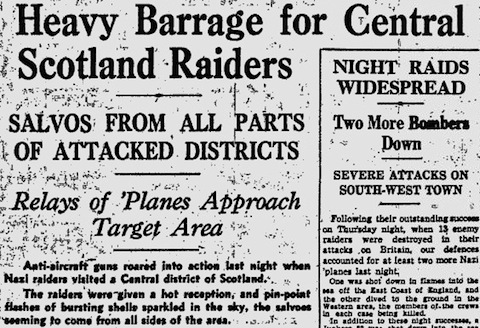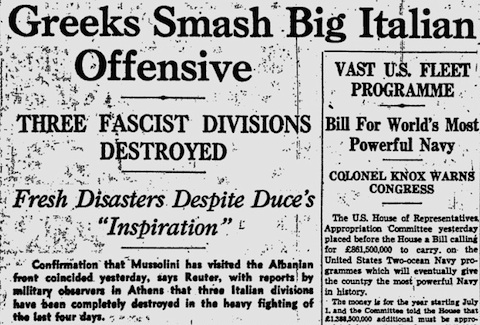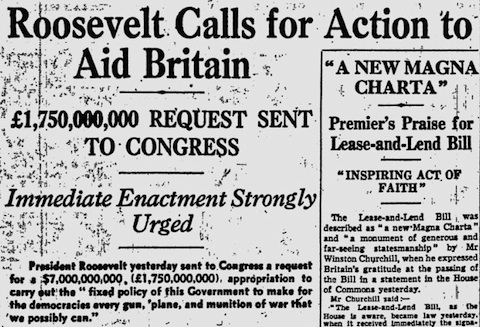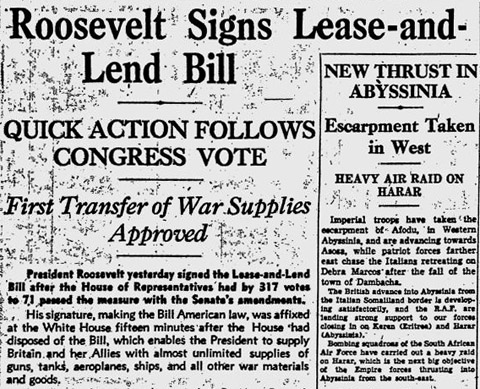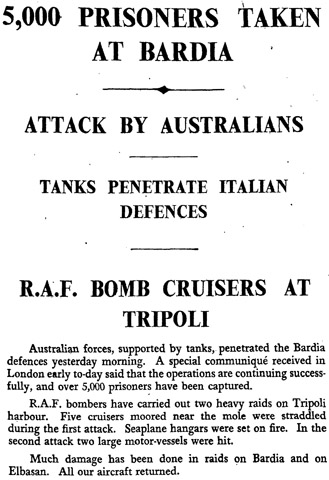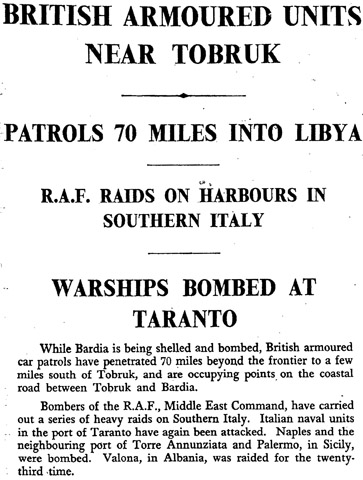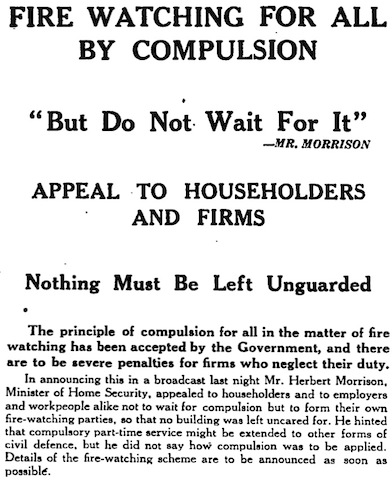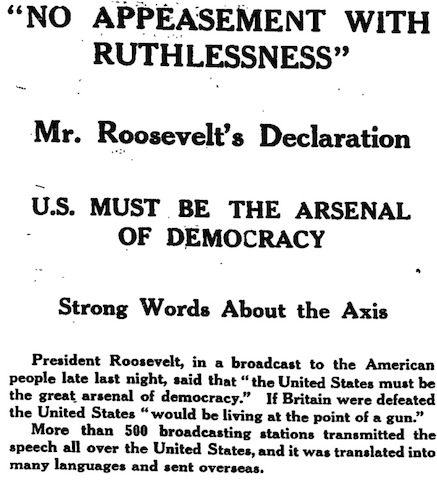Saturday, 15 March 1941
The war news today is much closer to home for the Glasgow Herald than usual. A big air raid last night on ‘a Central district of Scotland’ (5) is vividly described, as though the reporter had witnessed it: readers would know for themselves just how far away it was. One Nazi ‘plane which appeared to […]


